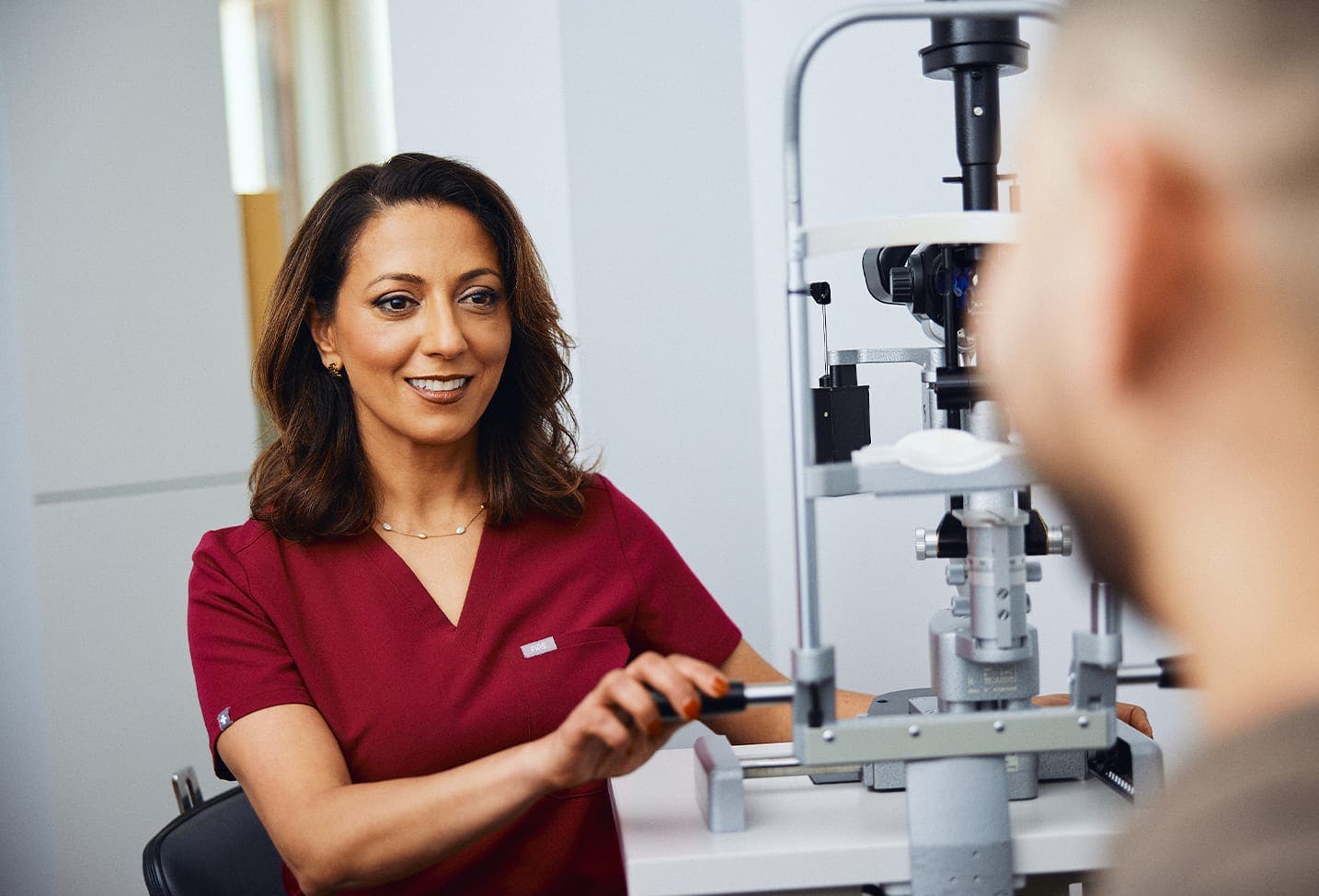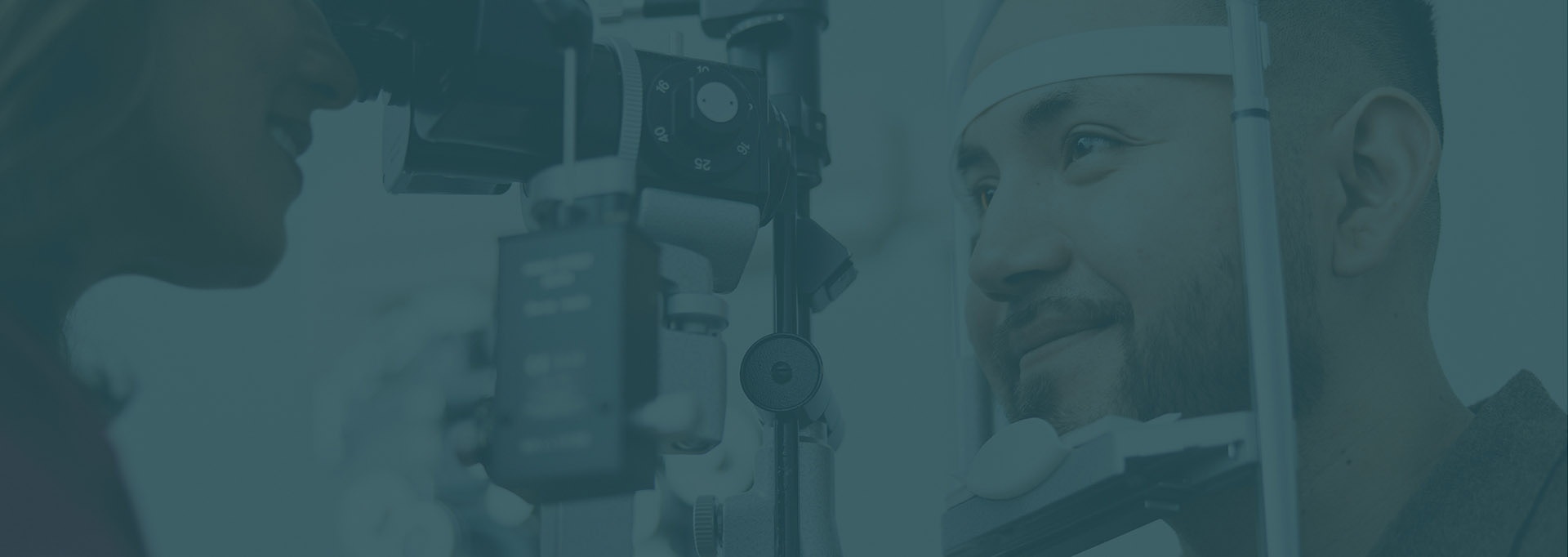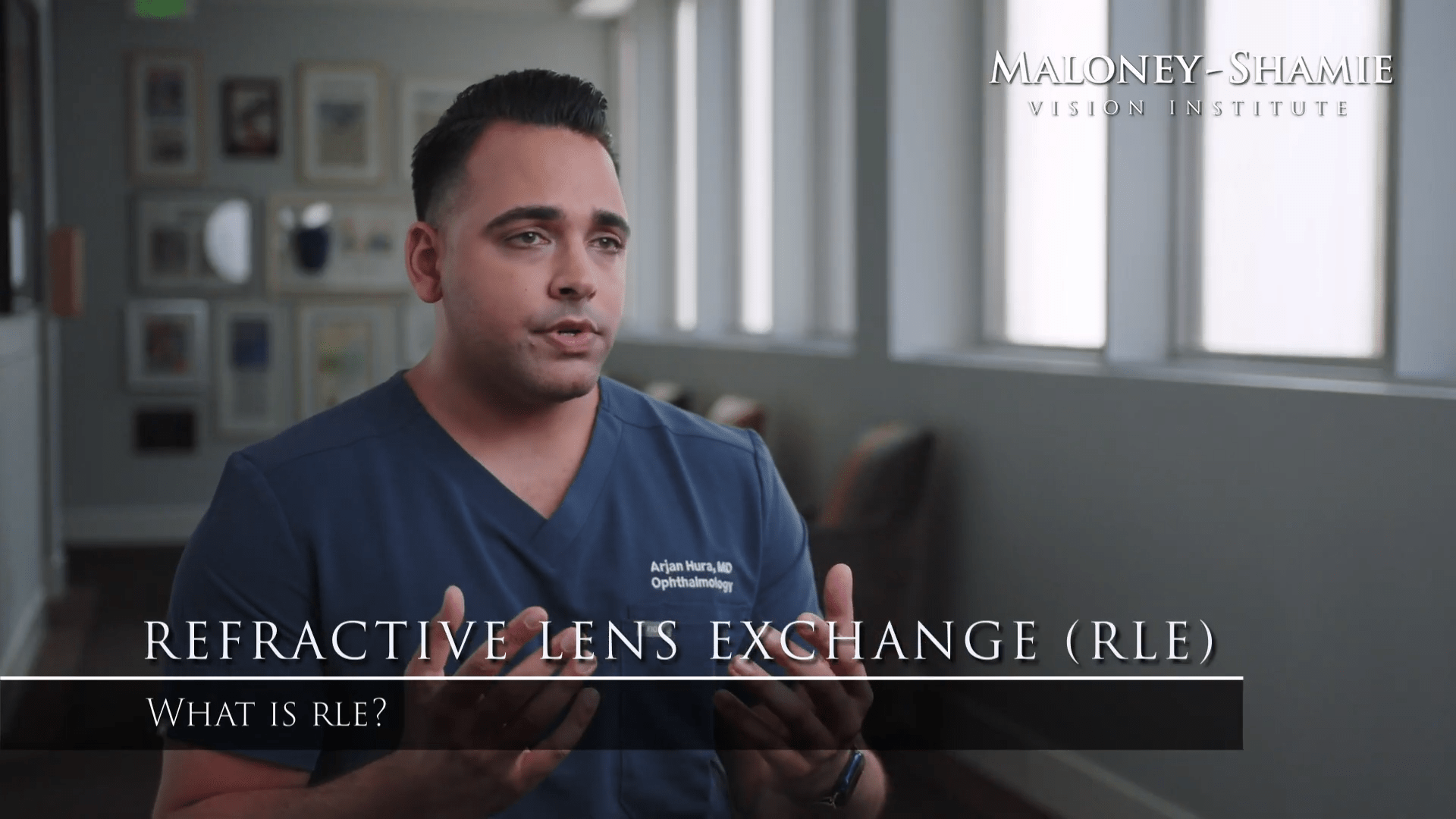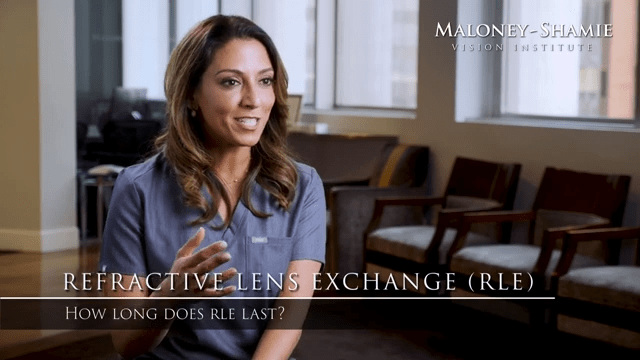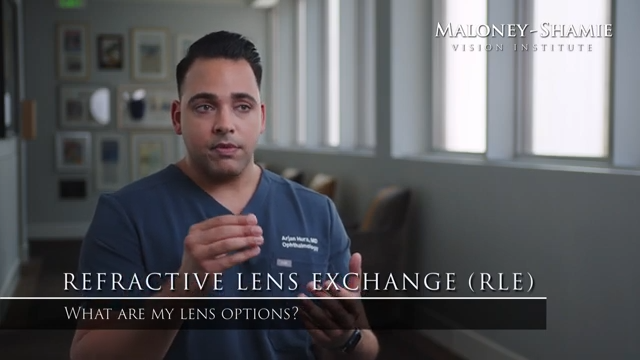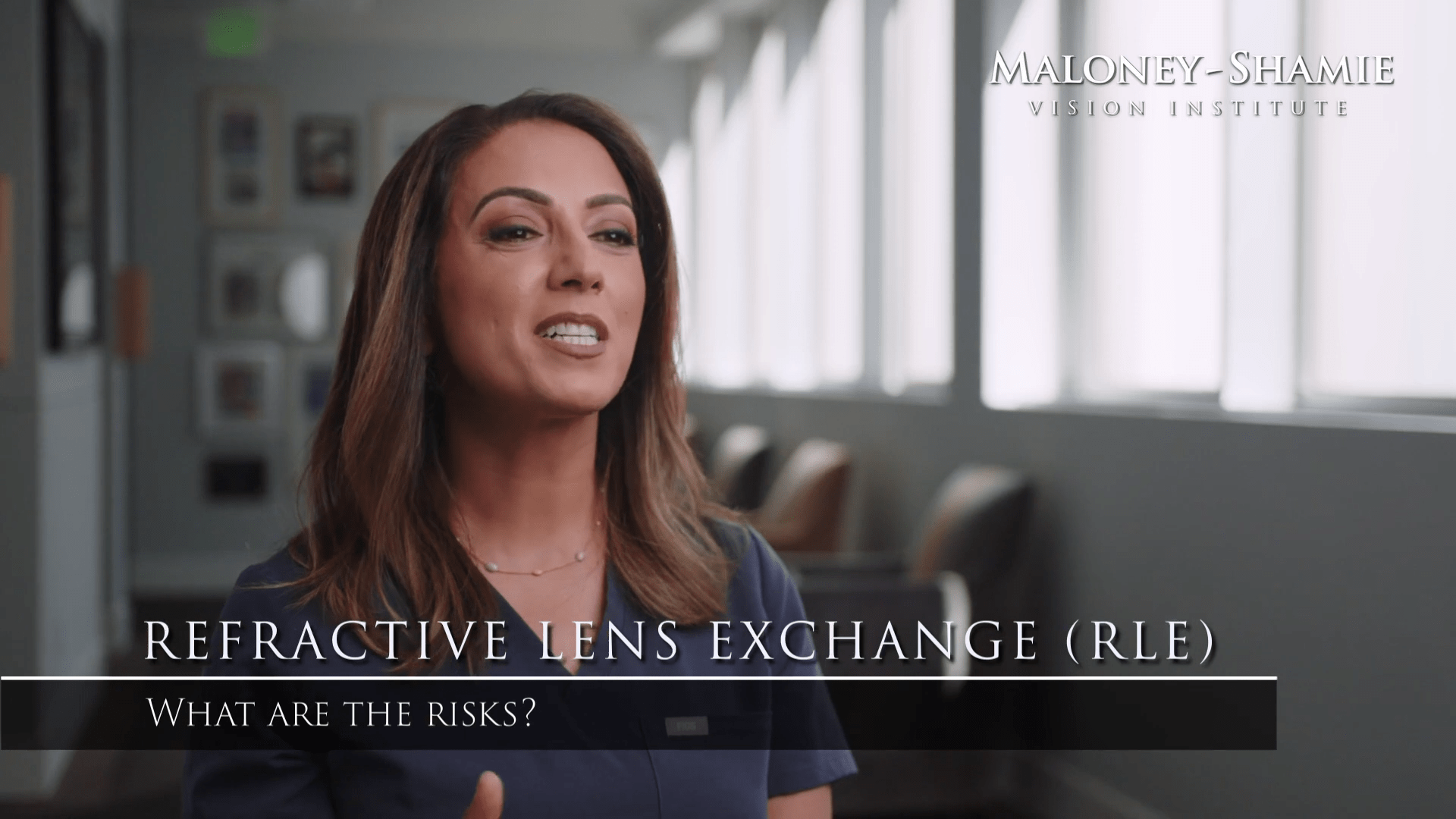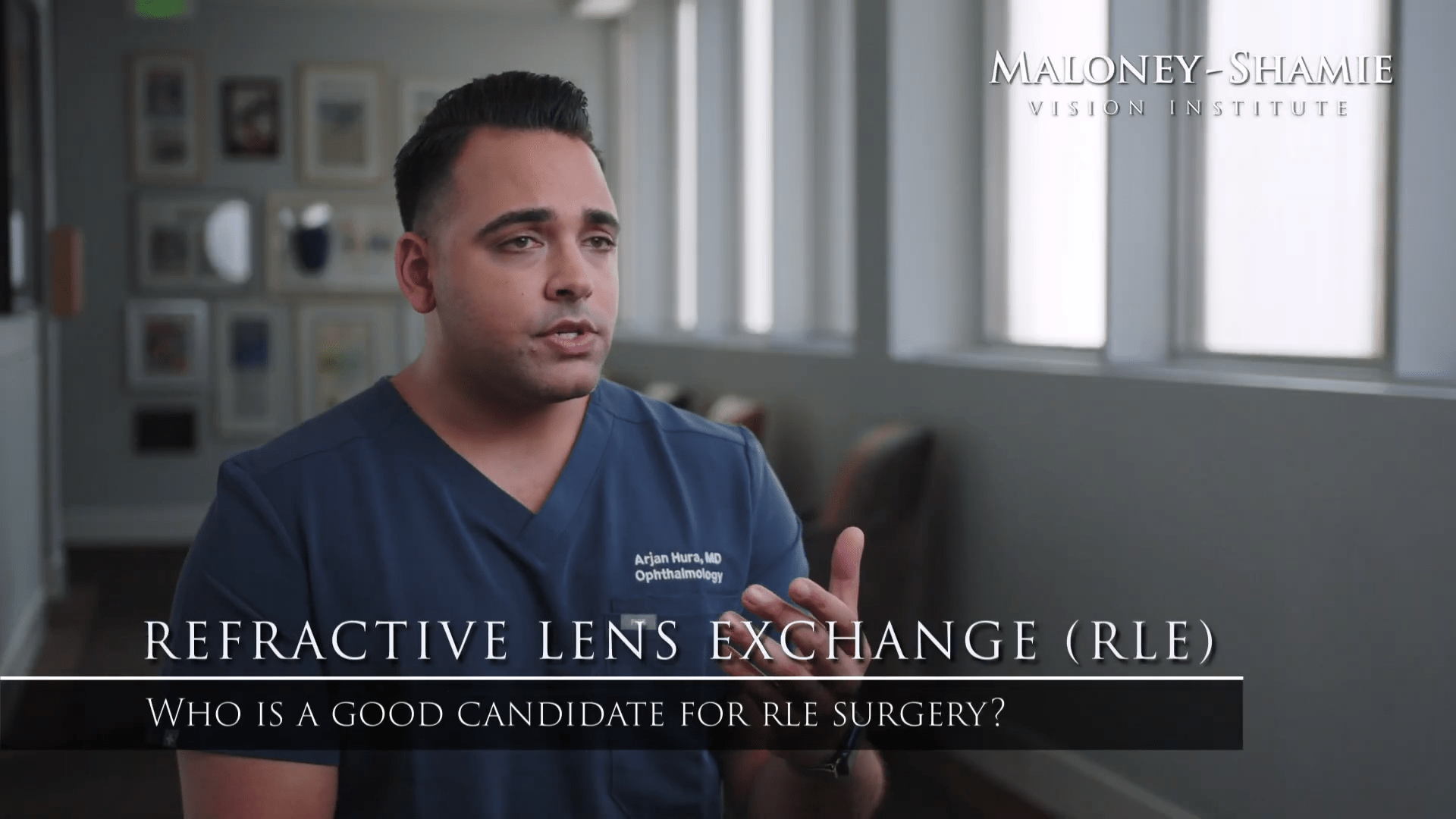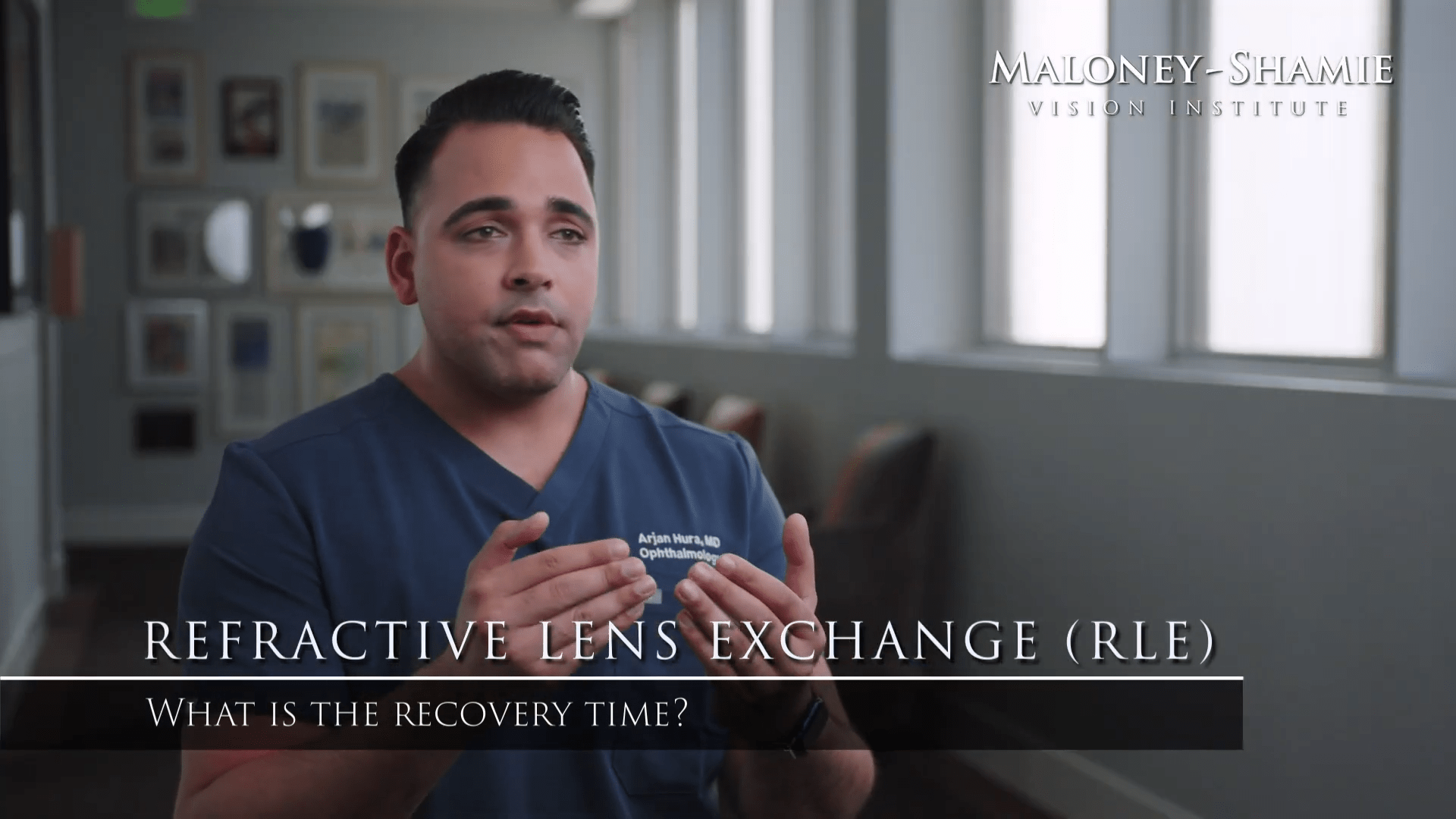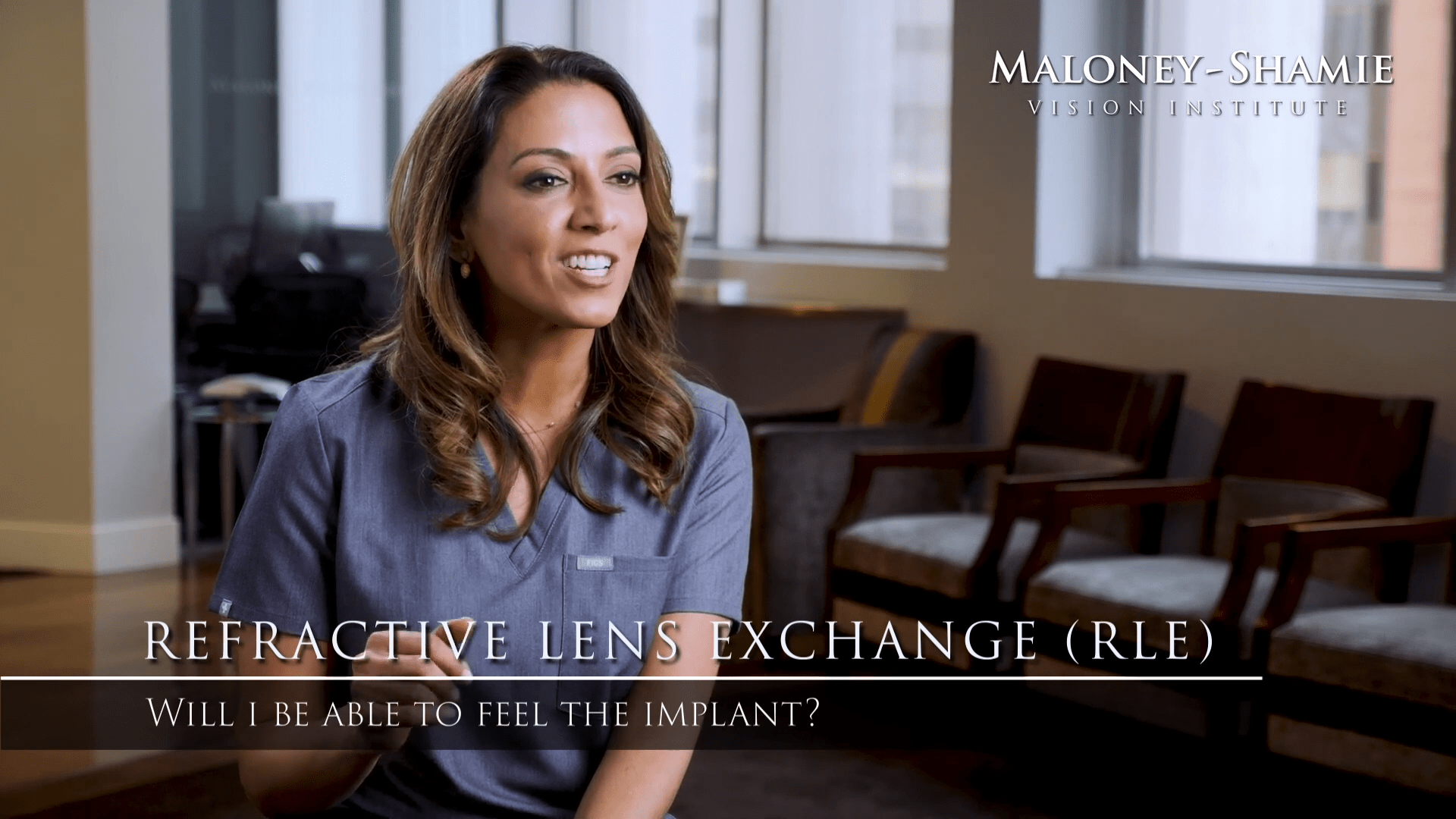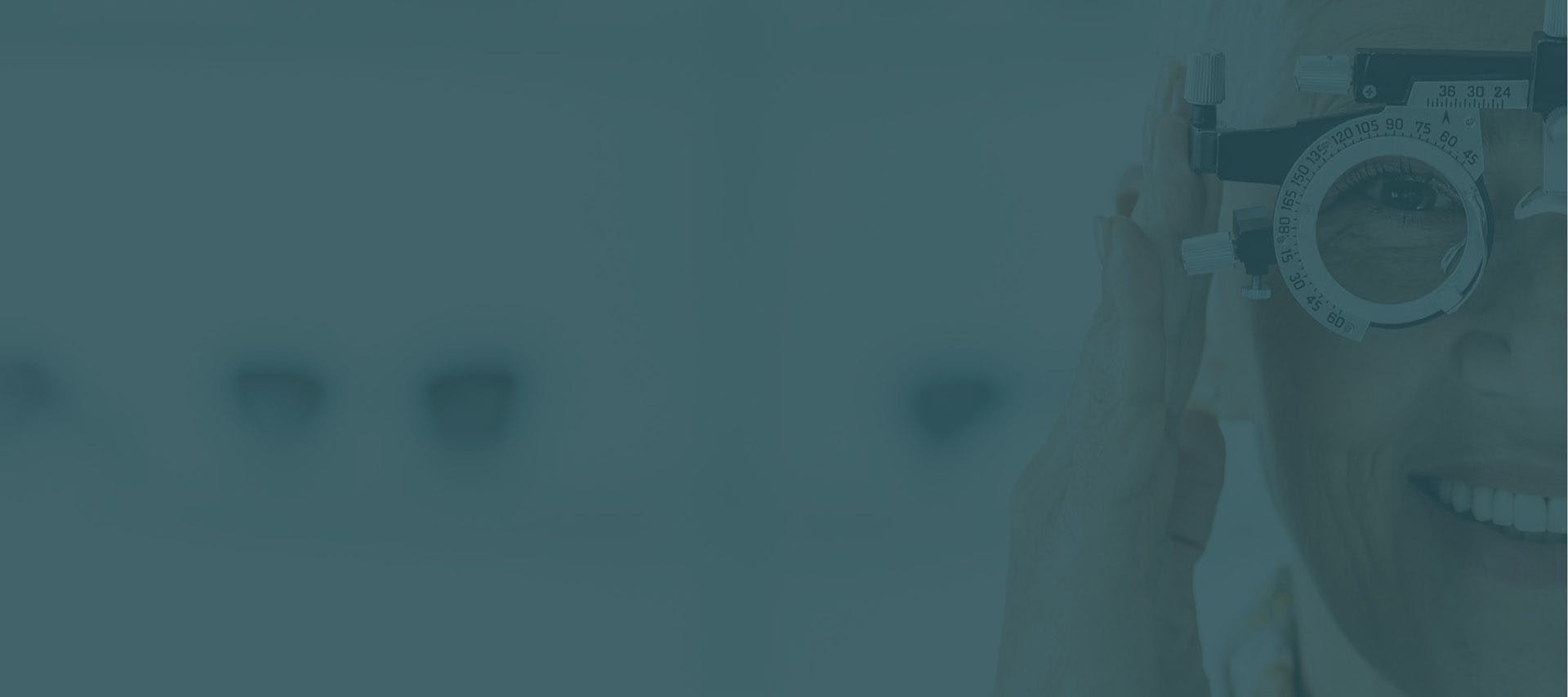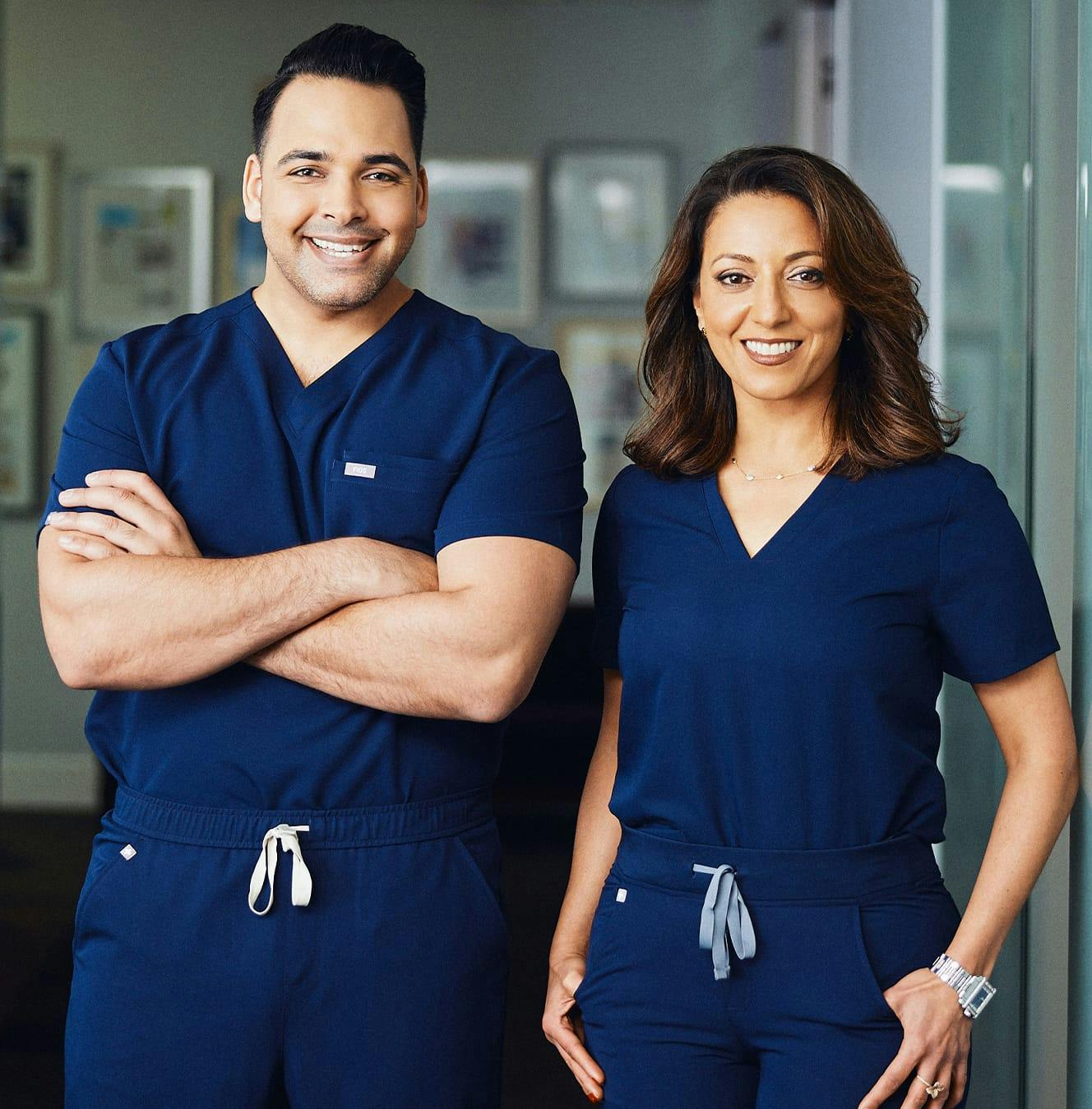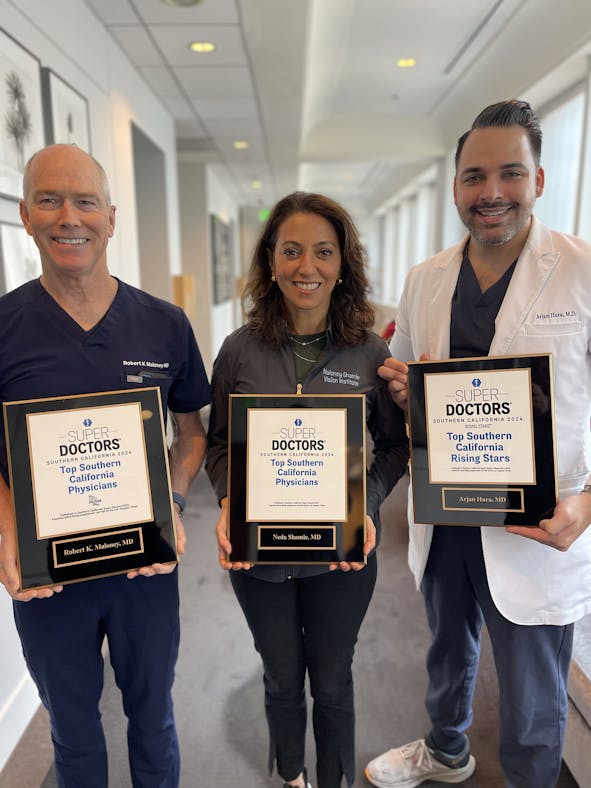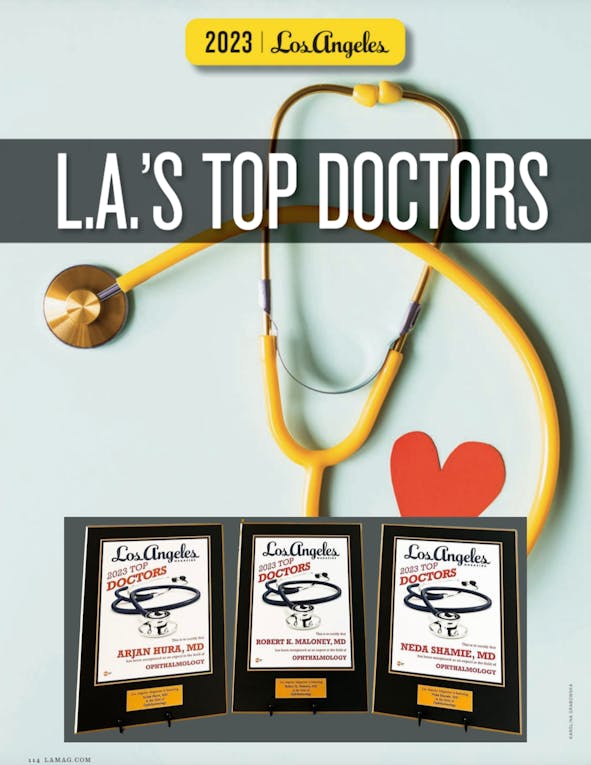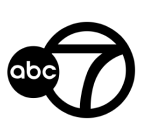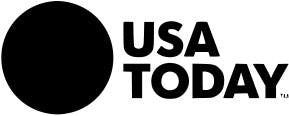An alternative to LASIK yet similar to cataract surgery.
When we are young, the natural lens acts like the zoom function in a camera, allowing us to focus up close, without the need for reading glasses or bifocals. As we age, the lens progressively becomes dysfunctional resulting in loss of near vision (presbyopia) that requires the use of reading glasses or bifocals. With aging the lens also progressively becomes hard, yellow and cloudy (cataract), which blocks and scatters light reducing visual quality, quantity and color perception.
The lens continually ages throughout life, resulting in the need for reading glasses or bifocals in your 40s and cataract surgery in your 70s or 80s. Lens changes cause progressive deterioration in our vision and the progression is unpredictable and varies from person to person.

